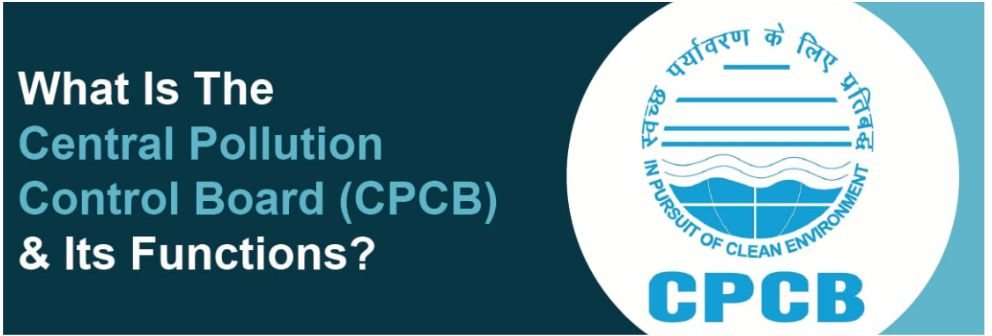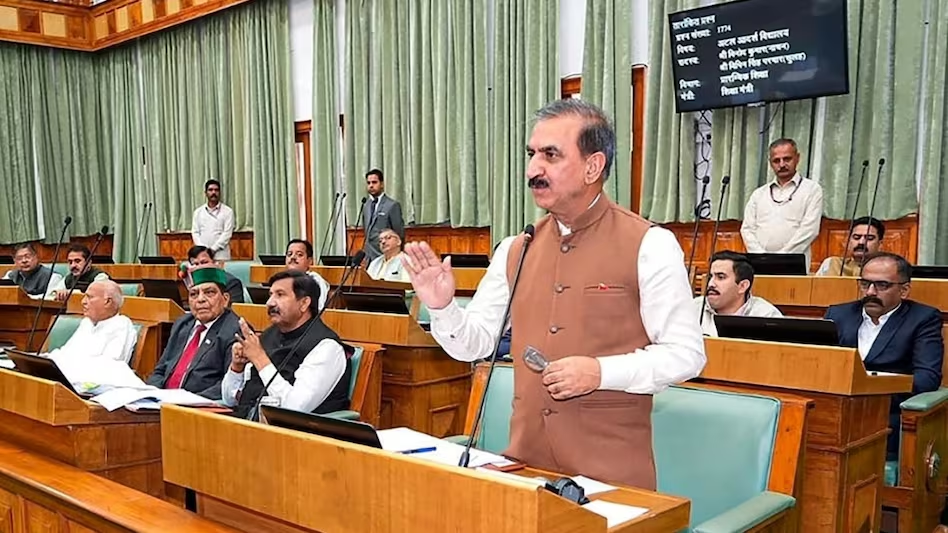- Courses
- GS Full Course 1 Year
- GS Full Course 2 Year
- GS Full Course 3 Year
- GS Full Course Till Selection
- Answer Alpha: Mains 2025 Mentorship
- MEP (Mains Enrichment Programme) Data, Facts
- Essay Target – 150+ Marks
- Online Program
- GS Recorded Course
- Polity
- Geography
- Economy
- Ancient, Medieval and Art & Culture AMAC
- Modern India, Post Independence & World History
- Environment
- Governance
- Science & Technology
- International Relations and Internal Security
- Disaster Management
- Ethics
- NCERT Current Affairs
- Indian Society and Social Issue
- NCERT- Science and Technology
- NCERT - Geography
- NCERT - Ancient History
- NCERT- World History
- NCERT Modern History
- CSAT
- 5 LAYERED ARJUNA Mentorship
- Public Administration Optional
- ABOUT US
- OUR TOPPERS
- TEST SERIES
- FREE STUDY MATERIAL
- VIDEOS
- CONTACT US
CENTRAL POLLUTION CONTROL BOARD
CENTRAL POLLUTION CONTROL BOARD
01-04-2024
The Central Pollution Control Board (CPCB) has spent only 20% of the environment protection fee and environment compensation collected so far on reducing air pollution and protecting the environment in Delhi-NCR.

What is the Central Pollution Control Board (CPCB) ?
-
Establishment and Statutory Authority:
- CPCB is a statutory organization established in September 1974 under the Water (Prevention and Control of Pollution) Act, 1974.
- Subsequently, CPCB was given powers and functions under the Air (Prevention and Control of Pollution) Act, 1981.
-
Technical Assistance to the Ministry of Environment:
- CPCB provides technical services to the Ministry of Environment, Forests, and Climate Change (MOEFCC) regarding the provisions of the Environment (Protection) Act, 1986.
- It advises the Central Government on matters related to the prevention and control of water and air pollution and the improvement of air quality.
-
Principal Functions of CPCB:
- To promote cleanliness of water streams and wells by preventing, controlling and reducing water pollution.
- To improve the air quality in the country and to prevent, control or reduce air pollution.
-
Standardization Activities of CPCB:
- CPCB, in consultation with state governments, establishes standards for streams or wells and the quality of air.
- It prepares manuals, codes and guidelines relating to the treatment and disposal of sewage and trade effluents, stack gas cleaning devices, stacks and ducts.
- The CPCB develops a variety of standards, including national ambient air quality standards, water quality standards, emissions or discharge standards for industries, and emission and noise limits for vehicles and generators.
Q1) What is the National Green Tribunal (NGT)?
- The National Green Tribunal (NGT) is a specialized judicial body in India that deals with environmental cases.
- The NGT was established in 2010 under the National Green Tribunal Act (2010) to handle civil cases related to the environment, including challenges to orders from Appellate Authorities.
- The NGT also enforces legal rights related to the environment, and provides compensation for damages to people and property.
- The NGT is not bound by the Code of Civil Procedure or the Indian Evidence Act.
- Instead, the NGT has its own rules, which are different from civil suits or writ petitions.
- The NGT is guided by principles of natural justice, and its expeditious decision making can prevent environmental damage.
The NGT has jurisdiction over the following legislations:
- The Water (Prevention and Control of Pollution) Act, 1974
- The Water (Prevention and Control of Pollution) Cess Act, 1977
- The Forest (Conservation) Act, 1980



